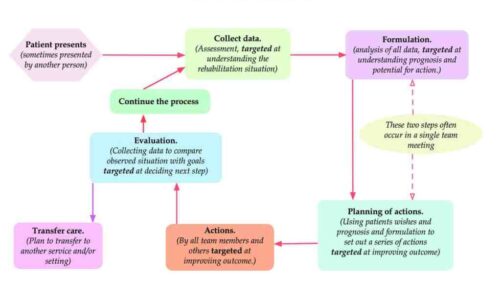We all know how good it feels to wake up refreshed after a deep, restful sleep. On the other hand, a night of tossing and turning can leave us feeling drained before the day even begins. But have you ever thought about how your sleep affects your brain, particularly your memory and learning?
In today’s fast-paced world, many of us wear our ability to function on little sleep as a badge of honor. We stay up late to meet deadlines, binge-watch our favorite shows, or scroll through social media, thinking we can catch up on lost sleep later. But consistent sleep deprivation can be more harmful than you think.
When we compromise on our sleep, we’re not just left with groggy mornings or midday slumps, the effects run much deeper. Our memory and learning abilities, which are crucial for our day-to-day functioning, can take a significant hit. In this article, we will delve into how chronic sleep deprivation quietly but significantly affects our ability to remember and learn.
Consolidation- The process
When we sleep, our brains are far from inactive. They’re busy processing the information we’ve learned throughout the day, transferring it from our short-term memory to long-term memory. This process is called consolidation. But, when we don’t get enough sleep, this process is disrupted, making it harder to remember what we’ve learned.
Hinder Learning Ability
Lack of sleep doesn’t just affect memory; it can also hinder our ability to learn new things. Sleep deprivation can make us feel foggy and unfocused, making it difficult to absorb new information. Essentially, without enough sleep, our brains are not as receptive to new knowledge as they could be.
Emotional Memories
Interestingly, sleep deprivation can also impact our emotional memories. Research suggests that lack of sleep can intensify our emotional responses to experiences, leading to stronger negative memories. This could potentially impact our learning and decision-making processes.
A Vicious Cycle
Ironically, stress about poor memory and learning performance due to lack of sleep can further disrupt our sleep, creating a vicious cycle. It’s important to understand this cycle and take steps to break it for better cognitive function. Prioritizing sleep and maintaining good sleep hygiene can go a long way in supporting our cognitive functions. Regular physical activity, avoiding caffeine close to bedtime, maintaining a consistent sleep schedule, and creating a sleep-friendly environment can all contribute to better sleep.
The Last Note
While it’s clear that sleep deprivation can have serious consequences for our memory and learning, the good news is that this is within our control. Stanford Lifestyle Medicine understands that adequate sleep is not a luxury but a necessity for the brain to function. Therefore, they offer comprehensive lifestyle strategies and personalized plans to help you prioritize and improve your sleep. Because when it comes to nurturing our minds, every hour of sleep counts. Remember, in the quest for better memory, don’t let sleep be an overlooked ally.




